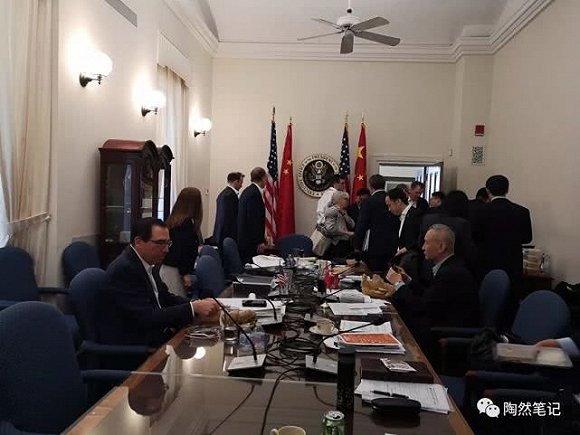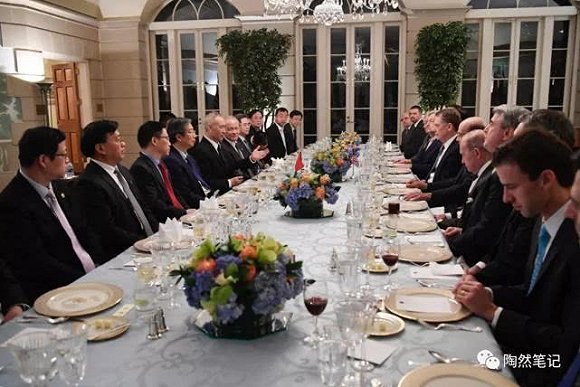Medical insurance bureau: the proportion of reimbursement for serious illness in basic medical insurance for urban and rural residents has increased to 60%
Beijing, May 10 (Reporter Zhang Ni) Recently, the National Medical Insurance Bureau and the Ministry of Finance formulated and issued the Notice on Doing a Good Job in Basic Medical Security for Urban and Rural Residents in 2019. According to the Notice, the per capita financial subsidy standard for medical insurance for urban and rural residents in 2019 was added to 30 yuan, reaching a level not lower than that of 520 yuan per person per year.
In addition, the Notice also requires reducing and unifying the deductible line of major illness insurance, and realizing the parallel operation of the basic medical insurance for urban residents and the new rural cooperative medical system by the end of 2019.
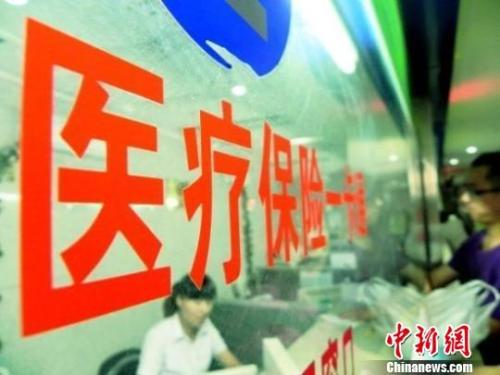
The per capita financial subsidy for medical insurance for urban and rural residents reaches 520 yuan.
The "Notice" proposes that in 2019, the per capita financial subsidy standard for medical insurance for urban and rural residents will be increased by 30 yuan, reaching no less than 520 yuan per person per year, and half of the new financial subsidies will be used to improve the ability to guarantee major illness insurance (15 yuan will be added to the per capita financing standard in 2018); 30 yuan will be added simultaneously for individual contributions, reaching 250 yuan per person per year.
According to the introduction of the National Medical Insurance Bureau, the medical insurance for urban and rural residents is based on the combination of individual contributions and government subsidies, and the fixed financing method is implemented. In recent years, governments at all levels have continuously raised the per capita financial subsidy standard for residents’ medical insurance, from 40 yuan in 2007 to 490 yuan in 2018, which has played an important role in reducing the payment burden of insured people.
However, with the natural increase of consumer price index and the wide application of new medicine and technology, medical expenses have increased rapidly year by year, and the financing standard of medical insurance for urban and rural residents needs to be adjusted reasonably to support the long-term and stable play of institutional functions.
In order to ensure the people to share the fruits of reform and development and steadily improve the level of medical insurance benefits for urban and rural residents, the Notice implements the policy requirements of benefiting the people in the 2019 Government Work Report, and clarifies that the per capita financing standard for medical insurance for urban and rural residents will be improved in 60 yuan in 2019 as a whole, in which 30 yuan will be added to the financial subsidy standard, reaching no less than 520 yuan per person per year, and half of the new financial subsidies will be used to improve the ability to support major illness insurance, that is, 15 yuan will be added to the per capita financing standard in 2018; 30 yuan will be added simultaneously for individual contributions, reaching 250 yuan per person per year.
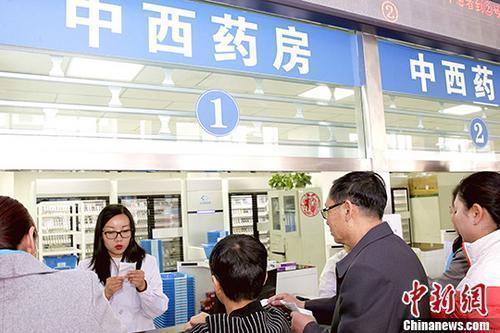
The proportion of reimbursement for serious illness in basic medical insurance for urban and rural residents has increased to 60%
According to the "Notice", all localities should make good use of the new funds raised by urban and rural residents in the annual medical insurance to ensure that the basic medical insurance benefits are in place. Consolidate and improve the reimbursement ratio of hospitalization expenses within the scope of the policy, establish and improve the overall planning and payment mechanism of medical insurance outpatient expenses for urban and rural residents, and focus on ensuring frequently-occurring diseases and chronic diseases with heavy burdens on the masses.
The "Notice" proposes to include outpatient drugs such as hypertension and diabetes in medical insurance reimbursement, and the specific plan shall be formulated separately. The implementation of individual (family) accounts should be cancelled before the end of 2020, and a smooth transition should be made to the outpatient department; If the personal (family) account has been cancelled, it shall not be restored or set in disguise.
In addition, the Notice also emphasizes the need to improve the protection function of major illness insurance. Reduce and unify the deductible line of serious illness insurance, which is determined in principle by 50% of the per capita disposable income of residents in the previous year. If it is lower than this ratio, no adjustment may be made; The reimbursement rate within the policy scope is increased from 50% to 60%; We will increase the tilt of the payment of serious illness insurance to the poor, reduce the deductible for the poor by 50%, increase the payment ratio by 5 percentage points, and completely cancel the capping line of serious illness insurance for the poor, further reducing the medical burden of seriously ill patients and people in need.
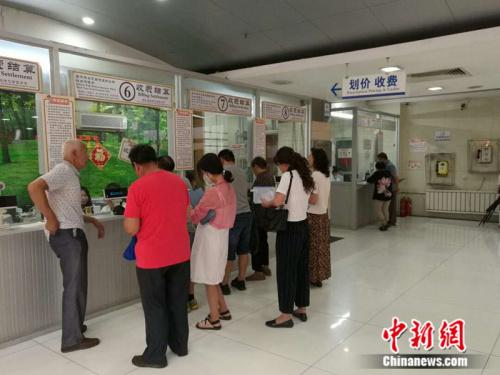
Realize the parallel operation of urban and rural medical insurance by the end of 2019.
The Notice issued this time also clarifies that in areas where the basic medical insurance for urban residents and the new rural cooperative medical system have not been fully integrated and unified, it is necessary to realize the transition from the parallel operation of the two systems to a unified medical insurance system for urban and rural residents before the end of 2019.
In the process of system unification, it is necessary to consolidate the coverage of medical insurance for urban and rural residents, ensure that the participation rate is not lower than the existing level, and the participation rate is continuous and stable, so as to ensure all coverage; Improve the registration and payment methods for newborns, children, students and migrant workers, and avoid repeated insurance; There are other medical security system arrangements, which are not included in the coverage of medical insurance for urban and rural residents; Properly handle special issues and policies, do a good job of policy convergence before and after system unification, stabilize the expectation of treatment, and prevent the tendency of pan-welfare.
The Notice requires that all localities should focus on the uncoordinated and inadequate development of medical insurance for urban and rural residents, combine the integration of medical insurance-related functions, and unify the handling of services and information systems on the basis of ensuring the "six unifications" of coverage, financing policies, security benefits, medical insurance catalogue, fixed-point management and fund management, further improve the quality and efficiency of operation, ensure the comprehensive establishment of a unified medical insurance system for urban and rural residents, and achieve a more perfect system, fairer security and more sustainable funds.
